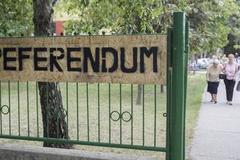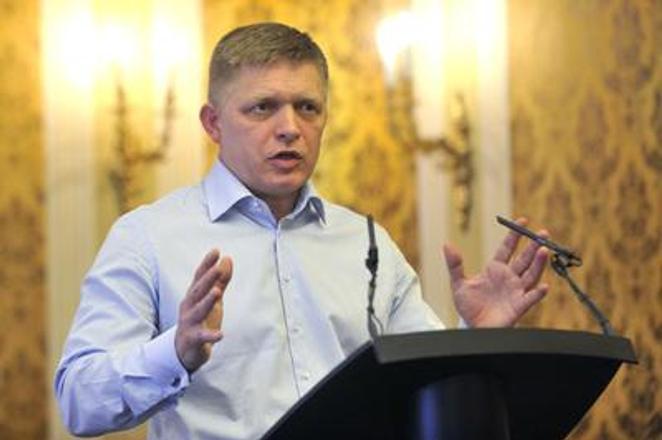Slovak Prime Minister Robert Fico voiced this willingness in an interview published by the Austrian news website derStandard.at on August 10, the TASR newswire reported.
Representatives of cabinets of Austria and Slovakia signed a bilateral agreement on July 21 concerning a temporary transfer of 500 refugees seeking asylum in Austria from the overcrowded camp in Traiskirchen close to Vienna, to the Slovak village of Gabčíkovo.
“As far as this mechanism would be considered to be very effective, we are willing to help further,” said Fico, adding that in such a case Slovakia may be “very active” while, however, “it expects from all migrants that they will be disciplined and will be mindful of local laws”.

Fico said, when answering a question about why Bratislava agreed with receiving Austrian asylum seekers even though it refused the plan for redistribution of migrants within the EU, that based on the proposed system of compulsory quotas Slovakia would have to admit 1,200 refugees from Italy and Greece, whom it “does not know”.
“It got us nervous… We do not know whether there are terrorists or extremists among them,” said Fico. “Simultaneously it is difficult to integrate people who have different traditions and cultures.”
Fico added that contrary to the refused EU plan, in the case of asylum seekers from Austria this is only a temporary solution for which Slovakia has “certain capacities”.
The Slovak Prime Minister agreed in the interview with the opinion according to which, the Austrian-Slovak agreement should show to the rest of the EU that “obligatory quotas are not necessary”.
With regard to the fact that Italy and Greece have to cope with a large inflow of migrants Fico said: “I do not want to be too critical, but I have only one question: Who has bombarded Libya? Who has caused the problems of Northern Africa? Slovakia? No.”
The interview was published on the heels of a referendum in Gabčíkovo, in which most of its citizens disagreed with the temporary placement of 500 asylum seekers from Austria into a Slovak Technical University dorm. Results of the referendum are not binding for the Slovak government.



 Prime Minister Robert Fico (source: SITA)
Prime Minister Robert Fico (source: SITA)